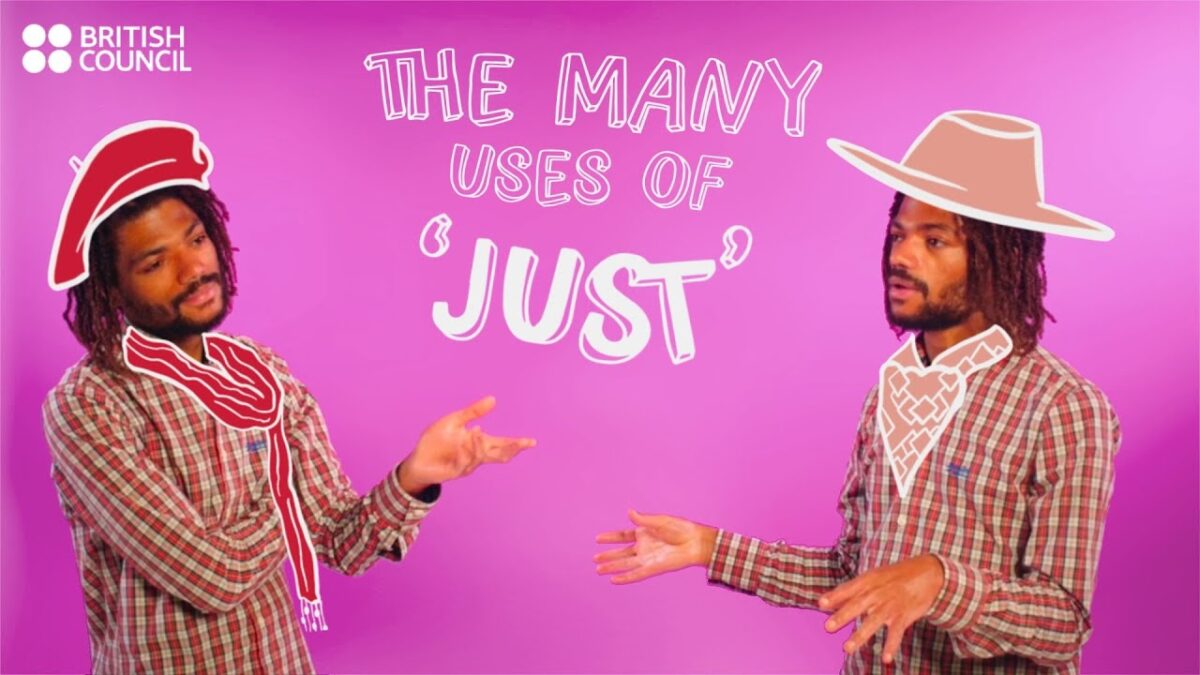Idioms and Phrases Shakespeare Invented

William Shakespeare had a real talent for capturing an idea in a simple but colourful phrase. That’s why we still use so many Shakespeare phrases over 400 years after he died.
Read on to discover just a few of the phrases Shakespeare invented.
Be cruel to be kind
To be cruel to be kind is to do or say something that hurts another person, while believing it will help them. For example, you might decide not to give your child any pocket money until they have done their homework for the week. They might think having to do the homework is unpleasant, but it’s good for their education. This phrase is very common in modern English, and it’s originally from Shakespeare’s Hamlet.
“I must be cruel only to be kind.”
(Act III, Scene IV)
By saying this, Hamlet means that he must confront his mother about marrying Claudius, his uncle and the murderer of his father, so she can understand what a mistake she has made.
Green-eyed monster
The brilliant image of the ‘green-eyed monster’ makes its first appearance in Othello, when the character Iago says:
“O, beware, my lord, of jealousy!
It is the green-eyed monster which doth mock
The meat it feeds on.”
(Act III, Scene III)
In Elizabethan times, people believed that the colour green symbolised jealousy. In his play The Merchant of Venice, Shakespeare uses the phrase ‘green-eyed jealousy’. But in Othello, he makes the image more powerful: he turns jealousy into a monster that will eat away at you and send you mad.
Today, if you say someone has been taken over by the green-eyed monster, it means they are so jealous they can’t think clearly.
Wear your heart on your sleeve
The phrase ‘heart on my sleeve’, which means to show your feelings openly, also comes from Othello. In the play, Iago says:
“For when my outward action doth demonstrate
The native act and figure of my heart
In complement extern, ’tis not long after
But I will wear my heart upon my sleeve
For daws to peck at.”
(Act I, Scene I)
Iago has been responsible for some treacherous acts. He says that, by wearing his heart on his sleeve, it would be like encouraging birds to peck at it. Instead, he decides to keep his real feelings hidden.
Shakespeare was probably inspired by the medieval sport of jousting when he wrote Iago’s speech (follow this link for more sports idioms). When a knight was at a jousting tournament, he would often fight on behalf of a lady he admired. He would tie one of her personal items like a scarf around his sleeve. So, when defending the lady’s honour, he would wear his heart on his sleeve.
The world’s your oyster
When the world’s your oyster, it means you can do anything, be anything or go anywhere you want to. It’s a phrase often used about young people who are about to begin adult life and have lots of opportunities open to them. After all, if you open an oyster, you might find a valuable pearl inside.
When Shakespeare used the phrase, it had a different meaning. In The Merry Wives of Windsor, Falstaff says to a character called Pistol, ‘I will not lend thee a penny’ (I will not lend you any money). Pistol replies:
“Why then, the world’s mine oyster, which I
with sword will open.”
(Act II, Scene II)
You have to open oysters with a knife, and an oyster will die once it has been opened. So Pistol is telling Falstaff that he is not afraid to use violence to get what he wants.
Idioms of Shakespeare
An idiom is a common saying that has a specific meaning that can’t be simply understood by the words in the phrase. As with his other phrases, lots of Shakespeare idioms are still used in everyday English.
Break the ice
Break the ice is a very common idiom in English. It means doing or saying something that makes people relax. For example, if you give a presentation to a group of strangers, you could break the ice by starting with a joke.
When Shakespeare used the phrase in The Taming of the Shrew, it had the same meaning. In this play, Tranio is talking about wooing another character called Katherine when he says:
“If it be so, sir, that you are the man
Must stead us all, and me amongst the rest,
And if you break the ice and do this feat,
Achieve the elder, set the younger free
For our access, whose hap shall be to have her
Will not so graceless be to be ingrate.”
(Act I, Scene II)
Tranion suggests that by getting to know Katherine’s father (‘the elder’) first, it will break the ice and make it easier to woo her. It’s also possible that Shakespeare was suggesting it would also help break through Katherine’s cold, icy character.
Heart of Gold
If you have a heart of gold, you are very kind to other people. In Shakespeare’s Henry V, the character Pistol says:
“The King’s a bawcock, and a heart of gold.”
(Act IV, Scene I)
A ‘bawcock’ is an old word that means a ‘fine fellow’. Pistol is saying that the King is a good man with a kind heart. Gold is very valuable, so to have a heart of gold could be considered rare.
What the dickens
The idiom ‘what the dickens’ is common phrase that’s used as an intensifier. If you said ‘Where the dickens did I put my keys?’, it adds a sense of being puzzled to the phrase. Shakespeare uses the phrase ‘what the dickens’ once, in The Merry Wives of Windsor, when it’s used by a character called Mistress Page.
“I cannot tell what the dickens his name
is my husband had him of.”
(Act II, Scene II)
In other words, she has no idea what his name is. As for the word ‘dickens’, it’s old euphemism for the devil.
In stitches
If you’re in stitches, you’ll find it impossible to stop laughing. In the play Twelfth Night, Maria says to Toby:
“If you desire the spleen, and will laugh yourselves
into stitches, follow me.”
(Act III, Scene II)
As you can see, Shakespeare meant ‘in stitches’ to mean to laugh so much it hurts. Despite this, it’s an idiom that didn’t really become popular until the 20th century.
More Shakespeare Phrases and Idioms
Shakespeare gifted us so many everyday phrases and idioms. Before we finish, here are ten more for you to explore.
- Apple of my eye
- Foregone conclusion
- Faint-hearted
- High time
- Laughing stock
- More fool you
- Night owl
- Short shrift
- Wild-goose chase
- With bated breath
Keen to learn more everyday phrases and idioms?
If you’re keen to learn the language of Shakespeare, you can’t have too much of a good thing when it comes to British Council English Online. Whether you’ve always wanted to learn English in your heart of hearts, or you want to improve your skills to open up a brave new world, our online courses are a tower of strength for all learners!





1 comment
We read “Hamlet and McBeth in high-school. Reading them again as a much older man awakened me to the genius of Shakespeare. My father saw Halet at the Globe theater in London while stationed there after WWII. Dad told me about he story and I became interested in his great tradjadies.